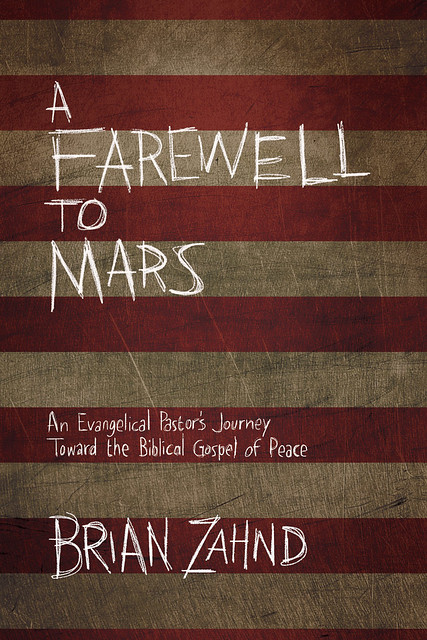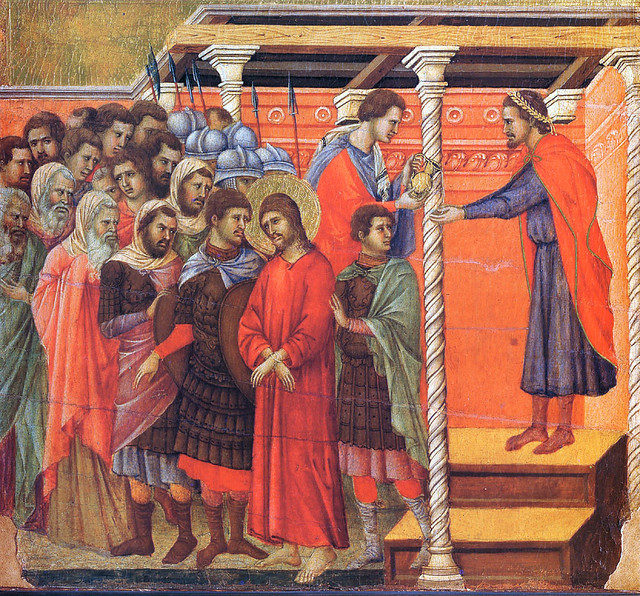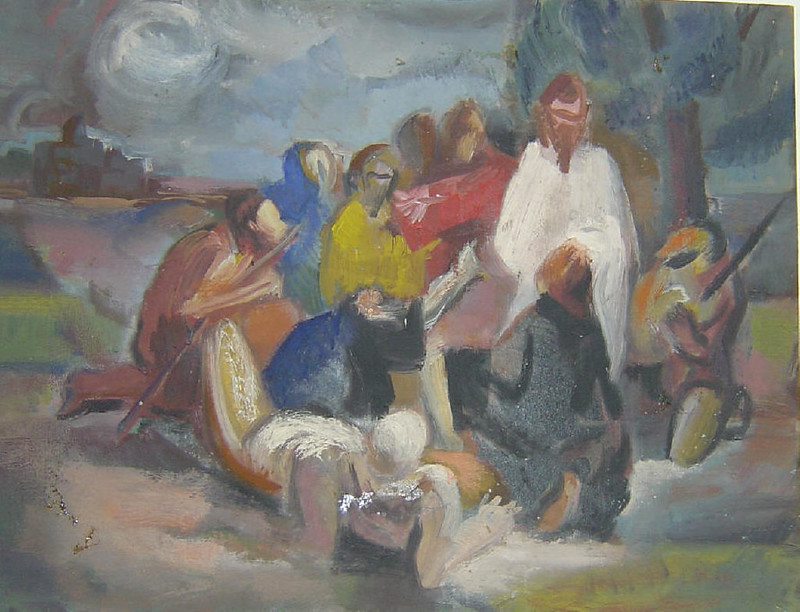
I have a new book coming out in June. A Farewell To Mars (David C. Cook). I’m pretty excited about it. I plunged my pen into my heart and wrote from deep within. It will probably stir a bit of controversy. So be it. What matters is that I’ve told my own story honestly.
Scot McKnight, New Testament scholar, professor of New Testament at Northern Seminary, and author of several important books such as The Jesus Creed, The Blue Parakeet, and The King Jesus Gospel has written the foreword to A Farewell To Mars. Perhaps you would not think too uncharitably of me if I shared it with you.
BZ
_______________________________________________________________
Though some may contest the point, and I’ve heard them for years, there is something profoundly unsettling to watch those who follow Jesus, who is the Prince of Peace, use weapons of warfare to kill others and think they are somehow following Jesus. At the simplest level of evangelicalism, and by that I mean anyone who affirms salvation in Christ alone, it impossible for me to comprehend how a Christian can kill a non-Christian who is thereby prevented from turning to Christ just as it is also beyond me how any Christian can kill another Christian at the orders of State military leaders. In both instance the Christian renders to Caesar what is due only to Christ.
As Brian Zahnd says in this aesthetic and courageous book, too often the church – and individual Christians are therefore complicit – has become chaplain to the State. It’s divinely-ordained and Christ-shaped role is thereby denied, it has become idolatrous and has betrayed the Prince of Peace. Our responsibility is not to chaplain the State but to call the State to repentance and to surrender to the King who is Lord. Our responsibility is to be an alternative to the State. Christians would do far more good for our country by learning not to look to DC for solutions but to the glorious Son of God, who loved us and who gave himself for us and in so giving himself gave us a whole new way of life, one not shaped by the power of force but the force of the gospel.
Leaders like Brian Zahnd are quietly becoming more numerous, not because they’ve turned Euro on us but because they’ve turned once again to the Gospels and to the New Testament to find an alternative political vision for our world. They’ve eschewed pragmatics and compromise for a full-throated commitment to the kingdom vision of Jesus, which by the way is necessarily political, but an alternative politic. This alternative political world, what Stanley Hauerwas calls a “peaceable kingdom,” refuses to flash the sword of Caesar or Constantine, Germany or the USA, and it instead flashes the cross as the way to live. The cross is the symbol of the politics of Jesus, and it is beginning to burn its way into the heart of so many in the church in the USA. We need it.
Read more





